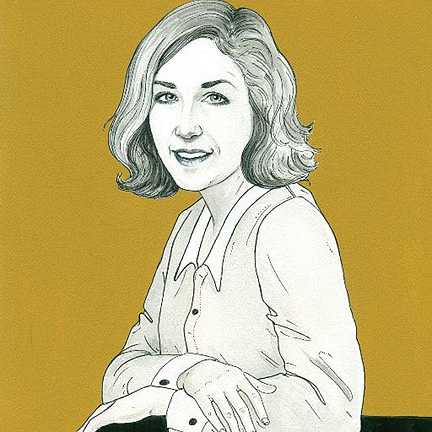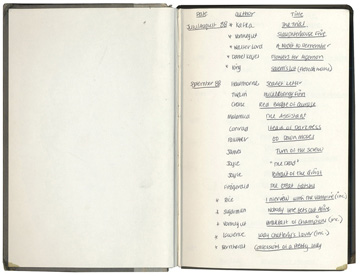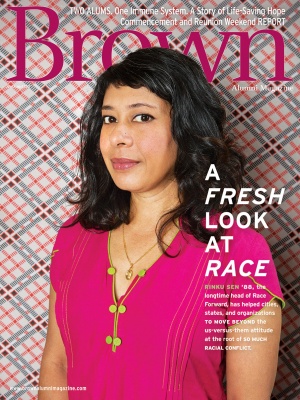During her junior year of high school, Pamela Paul ’93, the editor of the New York Times Book Review, began making note of every book she read—and never stopped. The result, a “Book of Books” that she nicknamed “Bob,” serves as the scaffolding and inspiration for My Life with Bob: Flawed Heroine Keeps Book of Books, Plot Ensues. It’s a memoir replete with travel adventures, turbulent romances, and insight into Paul’s literary loves and influences. She has written three other books—The Starter Marriage and the Future of Matrimony (2002), Pornified (2005), and Parenting, Inc. (2008)—and edited By the Book (2014) a collection of her author interviews for the Times.
What provoked you to turn your 2012 Times essay (“My Life with Bob”) into a full-fledged memoir?

What was the toughest writing challenge involved?
The first challenge was writing about myself. And the other was to write a book that was kind of about books, but where you didn’t have to have read any of the books. This is not a book of literary criticism. This book is about the area between the reader and the book—what that relationship is like and how books affect us, how they inspire us, or inform our lives, or change our lives.
In writing about your first marriage, you note that one danger signal was that you and your husband read books in different ways—you for challenge, he for confirmation.
That chapter is a metaphor for a relationship—which is that a couple never exists in total isolation, and the real world still exists around them. And the idea of disagreeing about what you’ve read is really about having very different views of the world.
How has having reading be your work changed your relationship to books?

Do you still think of books as “a safe way to go off the rails?”
Not in the same way as when I was younger, but for me books are a way to inhabit a world that I wouldn’t have otherwise had access to. It’s about being able to experience what it was like growing up African American in Brooklyn in the ’70s, or what it’s like to be an immigrant. That’s what I get from reading—being able to live a teeny, teeny sliver of those lifetimes.





